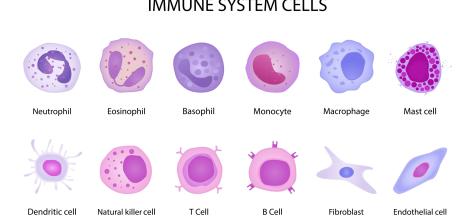Ex vivo

Ex vivo is Latin and means “out of the living.” It refers to research and experiments conducted on cells or tissues outside of the living body, typically on tissues that have been directly taken from a living organism but are outside the body itself. Ex vivo research allows the investigation of processes or the performance of actions on living tissues in a controlled manner, while preserving the original characteristics of the living tissue.
Ex vivo methods are often used in fields such as experimental surgery and regenerative medicine. An example is the use of CRISPR technology for cell engineering. Cells are taken from the patient, genetically edited outside the body to correct mutations, and then returned to the body. These methods allow for complex genetic edits under controlled conditions. The treated cells are subsequently returned to the body to assess the effectiveness of the treatment in a living system.
Last Updated Date : 03/08/2024








